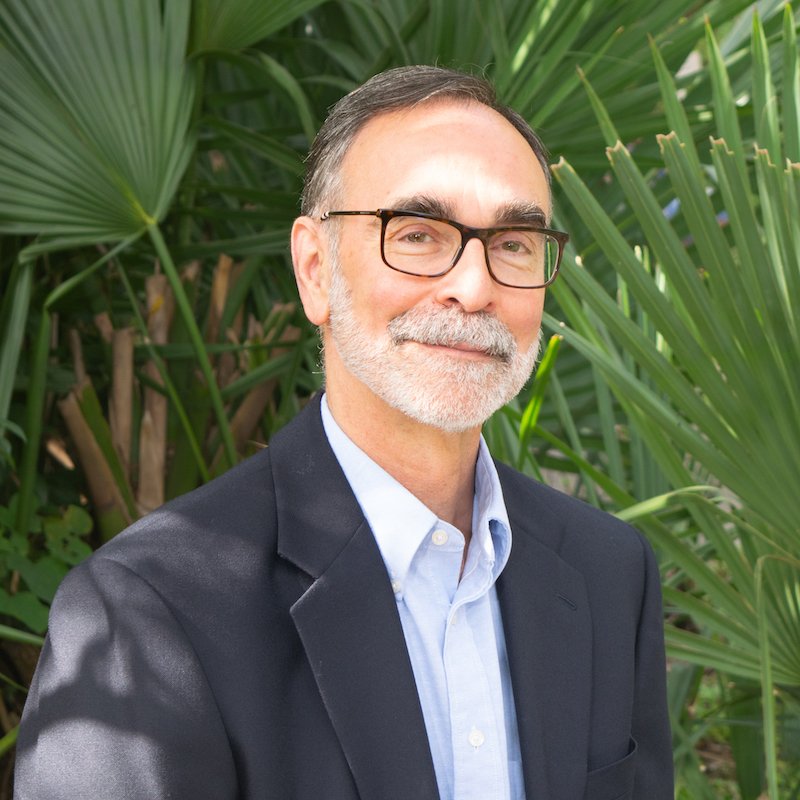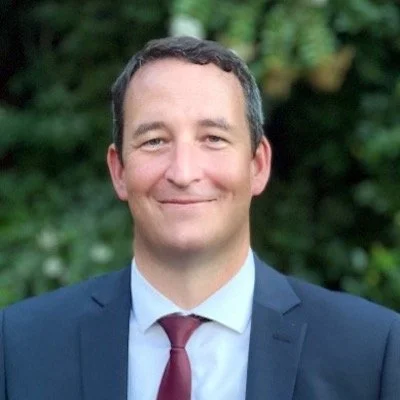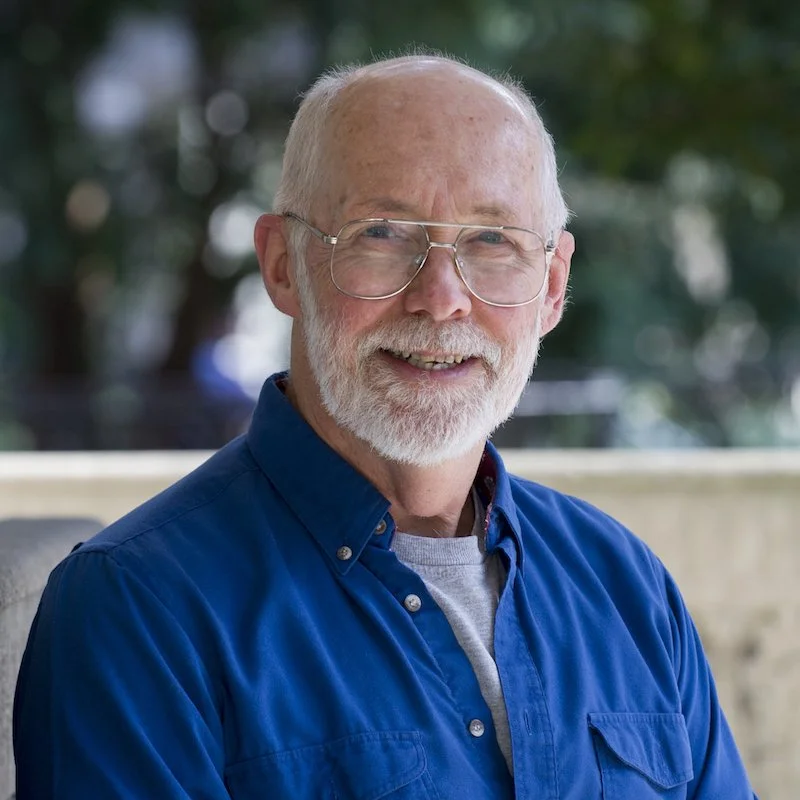Project Leaders
Frank D. Fincham is Eminent Scholar and Director of the Florida State University Family Institute. As a Rhodes Scholar at Oxford University, he obtained his doctoral degree in social psychology. After postdoctoral training in clinical psychology at Stony Brook University he was an assistant professor at University of Illinois where he ultimately became professor and Director of Clinical Training. He was SUNY Distinguished Professor at University at Buffalo before assuming his current position. The author of over 400 publications, his research has been widely recognized by numerous awards, including the President’s Award for “distinguished contributions to psychological knowledge” from the British Psychological Society, the Ernest Burgess Award for “outstanding scholarly and career achievement in the study of families” from the National Council for Family Relations, the Distinguished Career Award from the International Association for Relationship Research, and most recently, the Bier Award for “outstanding interdisciplinary work on issues of psychology of religion,” from Division 36 of the American Psychological Association. He is married to Frances and has three children.
Myriam Rudaz, Ph.D., is an assistant professor at Florida State University. She earned her Ph.D. in clinical psychology at the University of Basel, Switzerland, and received a career grant from the Swiss National Science Foundation to conduct research at the University of California, Los Angeles. She is a licensed psychotherapist in Switzerland and has been certified as a mind-body medicine therapist in Germany. She also completed an internship at the Center for Mindfulness at the University of Massachusetts Medical School. She introduced the concept of caring for bliss and developed the Caring for Bliss Scale and the Genuine Happiness Scale. In addition, she developed a Mindfulness- and Compassion-Based Stress and Resilience Training. Her research focuses on the impact of mindfulness, self-compassion, and spirituality on mental health and well-being, and the efficacy of mind-body interventions to reduce stress and strengthen resilience.
Research Fellow
Heather María Maranges, Ph.D., is the research fellow leading the empirical work on divine forgiveness at the Family Institute. Heath received her Ph.D. in Social and Personality Psychology from Florida State University and the Horizon Postdoctoral Fellowship for work at the Social Justice Centre and Departments of Psychology and Philosophy at Concordia University. Prior to her current position, she was Director of Research at Wake Forest University’s Program for Leadership and Character and led the Maranges Research Lab in psychology. Heath’s program of research focuses broadly on social cognition, cooperation, and morality. She examines the implications of diverse childhood experiences and ecologies, of self-control, and of bias (e.g., race- and gender-based).
Advisors
Steven R.H. Beach is Regents’ Professor of Psychology at the University of Georgia, where he also serves as Director of the Center for Family Research. He has published more than 300 empirical papers examining the role of social and family context on health behaviors and health outcomes. He is well known for his research on couple therapy as an intervention for depression; his examination of mechanisms by which community and family stressors become biologically embedded; and identifying family resilience processes, including prayer and forgiveness, that promote resilience across the lifespan. His recent work has focused on stressors that contribute to accelerated aging using DNA-methylation based indices, focusing particularly on those stressors that disproportionately affect Black youth and adults. He is the father of two sons and spouse to Ileana Arias.
Don (Donnie) Davis Jr., Ph.D., is an associate professor of psychology at Georgia State University. Donnie did undergraduate work at Yale and his doctorate at Virginia Commonwealth University. He completed his psychology pre-doctoral internship at Clemson University and is currently licensed in the state of Georgia. His research and clinical interests are in positive psychology and his work focuses on humility and related virtues such as forgiveness and gratitude. He also does work on the role of religion/spirituality in character development. He has published over 275 articles or chapters. He has also written books on several of these themes. He is the Associate Editor of the Journal of Positive Psychology and has worked on over 30 grants, many with the John Templeton Foundation. Donnie has a wife and three children, and enjoys biking, hiking, and other outdoor activities—and he loves reading.
Julie Exline, Ph.D., is a Professor in the Department of Psychological Sciences at Case Western Reserve University in Cleveland, Ohio. Her research centers on the interface of clinical, social, and personality psychology, with a special focus on topics involving spirituality, religion, and existential concerns. She served as Principal Investigator on two projects funded by the John Templeton Foundation: one on religious/spiritual struggles and another on supernatural attributions. She is a licensed clinical psychologist in Ohio and has been certified as a spiritual director through the Ignatian Spirituality Institute at John Carroll University. She is a Past President of the Society for the Psychology of Religion and Spirituality (SPRS; American Psychological Association’s Division 36) and has received the Margaret Gorman Early Career Award, Virginia Sexton Mentoring Award, and William James Award from SPRS. With Dr. Kenneth Pargament, she co-authored the 2022 book Working with Spiritual Struggles in Psychotherapy: From Research to Practice.
Kathryn A. Johnson, Ph.D., is an associate research professor in the Psychology Department at Arizona State University. Her research merges her backgrounds in religious studies and social psychology and focuses on the social perception of non-human agents such as God, robots, animals, and viruses. She has found that the way people think of and relate to non-humans can influence a wide range of social attitudes and behaviors including people’s values, moral priorities, and beliefs about religion and science. She has published over 40 articles and book chapters and was recently honored to receive the 2021 Religions Journal Young Investigator Award.
Alfred R. Mele is the William H. and Lucyle T. Werkmeister Professor of Philosophy at Florida State University. He is the author of 13 books and over 250 articles and editor of seven books. He is past director of two multi-million-dollar, interdisciplinary projects: the Big Questions in Free Will project (2010–2013) and the Philosophy and Science of Self-Control project (2014–2017). His latest book is Free Will: An Opinionated Guide (Oxford University Press, 2022). He also enjoys teaching graduate and undergraduate courses in a variety of areas, including philosophy of mind, metaphysics, philosophy of action, and philosophy of religion.
Carissa Sharp, Ph.D., is an assistant professor of psychology of religion at the University of Birmingham. She is a social and experimental psychologist, with a background in both religious studies (M.T.S., Harvard Divinity School) and psychology (Ph.D. University of Cambridge). She has led major grants as PI/Co-PI/Co-I; has served as an advisor and reviewer for research projects, journals, and funding bodies; and has published in leading journals. Her research has two foci. The first is psychological perspectives on representations of God/supernatural others, utilizing social cognition approaches (how we think about the self and others). The second investigates perceptions of the relationship between science and religion from a social and experimental psychology perspective. This has involved examining the roles of belief systems and social identities relating to religion, nonreligion, and science. These research areas have implications for outcomes such as intergroup/interfaith relations, stereotyping, prejudice, EDI, well-being, and mental health.
Patty Van Cappellen, Ph.D., is an assistant research professor in the Social Science Research Institute and Psychology and Neuroscience Department at Duke University. Dr. Van Cappellen earned her Ph.D. in Social Psychology in 2012 from UCLouvain, Belgium. She then moved to do a postdoc with Barbara Fredrickson on positive emotions and psychophysiology at UNC-Chapel Hill. She has published extensively on the intersection of affective science and religion in predicting health and the quality of intergroup relations. She is the recipient of multiple grants to deepen her work on religious practices (e.g., meditation, embodiment of prayer) and its integration with positive psychology (in particular self-transcendent positive emotions). For her work, Dr. Van Cappellen received the Early Career Award from the International Association for the Psychology of Religion in 2017 and the Margaret Gorman Early Career Award from the American Psychological Association Div. 36 in 2019. You can find more information about her Belief, Affect, and Behavior lab here.
Daryl R. Van Tongeren, Ph.D., is an associate professor of psychology at Hope College. A social psychologist, he has published over 200 scholarly articles and chapters on topics such as meaning in life, humility, religion, forgiveness, relationships, and well-being. He has been supported by numerous grants from the John Templeton Foundation, and his research has won national and international awards, including being named an Association for Psychological Science (APS) Rising Star in 2016, and earning the American Psychological Association (APA) Division 36 (Psychology of Religion and Spirituality) Margaret Gorman Early Career Award and the International Society for the Science of Existential Psychology Early Career Contributions Award. He is a Fellow of APS, the Society for Experimental Social Psychology (SESP), the Midwestern Psychological Association, and the International Society for Science and Religion. His research has been covered by numerous media outlets, including The New York Times, Chicago Tribune, Washington Post, Huffington Post, NPR affiliate radio stations, Scientific American, and Men’s Health. He has written two books, Humble (2022) and The Courage to Suffer (2020; with Sara A. Showalter Van Tongeren). Currently, he is an associate editor of the Journal of Positive Psychology and a consulting editor for Psychology of Religion and Spirituality and the Journal of Social Psychology.
Everett L. Worthington, Jr., Ph.D., is Commonwealth Professor Emeritus working from the Department of Psychology at Virginia Commonwealth University. He holds a Faculty Affiliate appointment at the Institute for Quantitative Social Sciences, Faculty of Arts and Sciences, Harvard University (Human Flourishing Program). Although his salary has retired, he continues to be active in research and speaking around the world. He is a licensed Clinical Psychologist in Virginia. He has published over 45 books and around 500 articles and scholarly chapters, mostly on forgiveness, humility and positive psychology, marriage and family topics, and religion and spirituality. He also has developed the REACH Forgiveness model (see his website for free resources), the subject of over 30 published randomized controlled trials, and has just been tested in a global grant-funded randomized controlled trials in 5 countries (six sites). He has developed numerous other positive psychological interventions including hope-focused couple approach and DIY workbooks for building forgiveness, self-forgiveness, humility, and other virtues.













